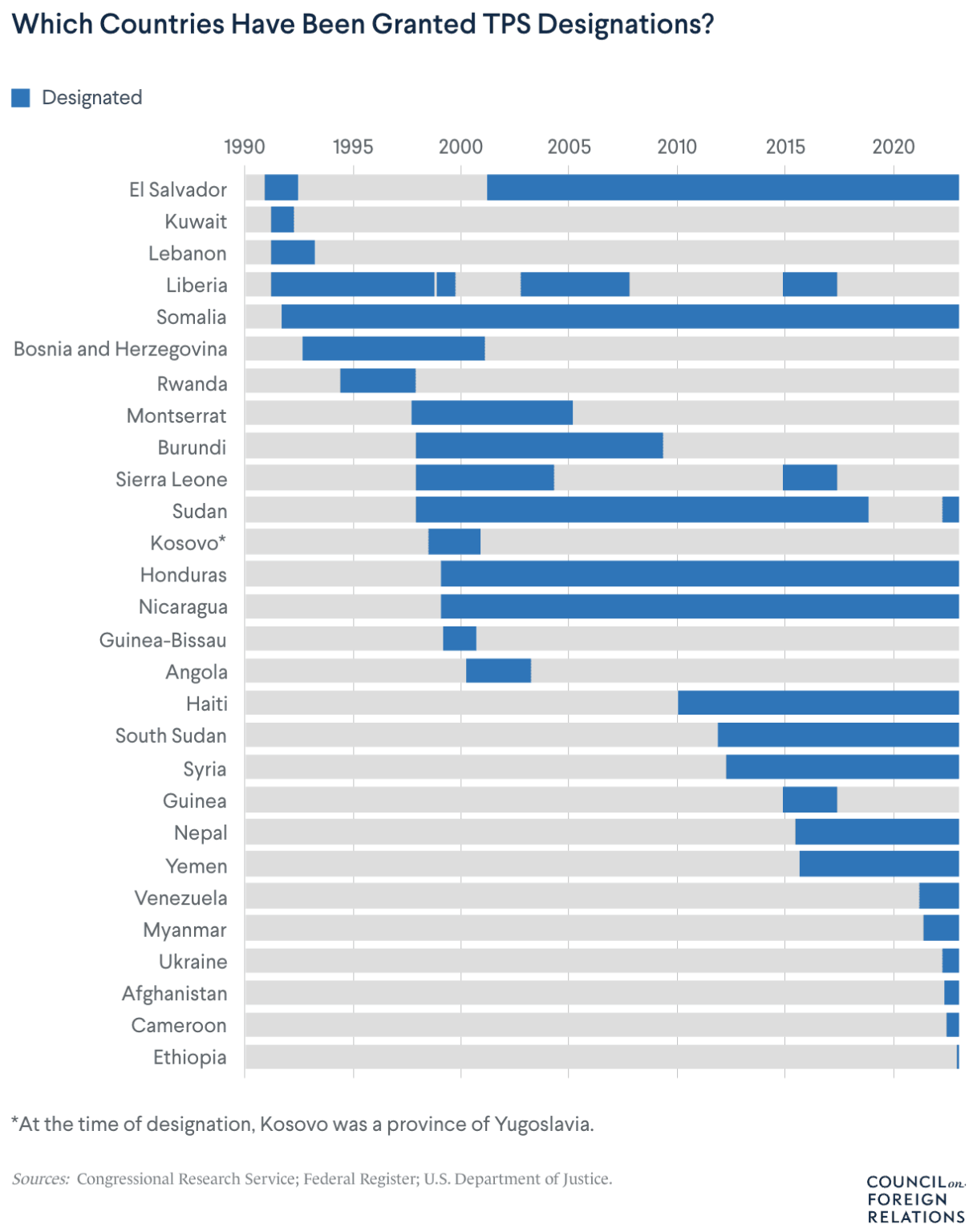
Dear friends,
As we know, our vibrant immigrant neighborhoods here in Central Queens are profoundly affected by external forces. This week we report on the attempt by a billionaire and his political buddies to build a casino in Queens on what is currently designated parkland—a project that would disproportionately affect nearby working-class immigrant communities. We then take a look at recent court decisions and moves by the federal government regarding TPS (Temporary Protective Status) that can strengthen or weaken legal protections for neighbors here in Jackson Heights.
Newsletter highlights:
- Corona, East Elmhurst, Flushing threatened by mega-development project
- Update on safeguarding TPS (Temporary Protective Status)
1. Casino Project Divides Neighborhood
“The casino will only exploit our community’s poverty and mental health issues, issues that especially impact the immigrants in Flushing, as well as tear down the hard-earned livelihoods earned by our parents and elders.” Sophia Lin, MinKwon Center
Acres of desolate parking spaces surrounding Citi Field have become the focus of a major political battle, pitting billionaire Steven Cohen, the owner of the Mets, against the Flushing Anti-Displacement Alliance (FADA), FED UP (Flushing for Equitable Development and Urban Planning) coalition, the MinKwon Center, Queens Neighborhoods United and their allies.
Cohen has mounted a slick, hard-charging campaign seeking approval for his proposed $8 billion development, Metropolitan Park, which would be anchored by a casino. The overall project also envisions about 20 acres of green space, hotels, and a Hard Rock Cafe. Cohen claims that Metropolitan Park would increase tourism and create 15,000 jobs. Local City Councilperson Francisco Moya is a supporter, as are some construction unions.
However, FADA challenges the project’s impact on the adjacent, predominantly working-class immigrant neighborhoods of Corona, East Elmhurst, and Flushing. They argue that “there is documented evidence of casinos contributing to gentrification and displacement of our residents, workers, and small businesses.” Critics also point out that climate change will inundate the whole Flushing Creek development area—formerly wetlands—without proper mitigation. FADA has proposed their own alternative for the site: a 65-acre public park with water views, called Phoenix Meadows, dedicated largely to green space, outdoor recreation, and flood resiliency.
The area in contention was in fact designated as parkland in 1939, part of Flushing Meadows Corona Park, but has never been used for that purpose. In order for Cohen’s casino project to advance, the state legislature would have to waive the land’s legal status as a park. (Ironically, Cohen’s slogan is “Let’s Turn a Parking Lot Into a Park.”) That puts State Senator Jessica Ramos in the hot seat. Cohen is eager to get her to co-sponsor a bill—already waiting in the Assembly—to privatize the parkland. While at the same time many of Ramos’ constituents are upset that she would even consider “alienating” needed public land for a private casino.
Ramos has hosted three town halls about Cohen’s casino plan. According to The City, “Ramos said it’s been hard to find people who are actually supportive of the casino but who haven’t ‘received or been promised a check’” by Cohen. The Senator’s own polling shows that most local residents oppose the casino, with 84% favoring Phoenix Meadows over the Metropolitan Park proposal. In addition, Ramos has criticized Cohen’s expensive publicity campaign for his plan, which sometimes fails to even mention that it features a casino.
For Phoenix Meadows advocates, the stark reality is that Cohen can probably block any alternate use of the parking lots for years since he currently controls them under a long-term lease. And as Ramos acknowledges, many people living near Citi Field would like to see some form of economic development to replace the acres of asphalt. But the give-away of public land for an unpopular project faces serious obstacles as well.
Ramos has postponed her decision from April, to May, to June. In the meantime, partisans on both sides have lobbied her furiously. For instance, dozens of small business people, including owners of the Jackson Diner, Pio Pio, and Kabab King, signed a letter asking Ramos to support Metropolitan Park. Jessica Rico, owner of Mojitos, helped lead the effort, arguing that Cohen’s plan was a “marvelous project” that would be good for tourism and small business.
In contrast, FADA has organized a series of spirited demonstrations, including one in front of Ramos’ home on 79th Street earlier this month, demanding that Ramos act like a “real progressive” and “listen to the people.” “We will not let a billionaire dictate our future,” they say. Ramos encourages all community participation on the issue and has pledged to “keep lines of communication open.”
With each side of the controversy wielding possible veto power over the other’s proposal, and with the state Gaming Commission scheduled to finalize coveted casino sites by the end of next year, Ramos finds herself in the middle of intense negotiations. But she seems to be in no hurry.
“I work at the speed of my neighbors, not at the speed of a billionaire’s personal timeline. If I was to introduce parkland alienation legislation, it would only be because my community has iron-clad commitments where the benefits vastly outweigh the risks associated with a casino.” —State Senator Jessica Ramos
WHAT CAN WE DO?
- Sign the Fight4Flushing petition calling for NO Casino, NO privatization of public parkland.
- Check out the FED UP coalition’s map of Flushing area developments and predicted flooding.
2. How the courts help and hinder TPS
Established as part of the Immigration Act of 1990, Temporary Protective Status (TPS) grants employment and travel authorization and protects eligible migrants from deportation. To be eligible a migrant must already reside in the US, and be a citizen of a TPS designated country suffering from natural disaster, protracted unrest, or conflict.
Seven years ago then-President Trump announced he would end the TPS program for El Salvador, Nicaragua, Haiti, and Sudan. Despite these program cancellations being associated with his infamous statement that these were “shithole countries“, lawsuits were unsuccessful in convincing the 9th Circuit Court of Appeals that racial discrimination was the primary factor for the decision. After courts ruled that terminating TPS was lawful, Homeland Security was emboldened; they added Nepal and Honduras to the list of canceled TPS programs. Local group, African Communities Together, led one of the many follow-up lawsuits to protect Liberians when the administration added canceling Liberia’s DED (Deferred Enforced Departure)—DED is a variation of TPS but, whereas TPS is designated by the Secretary of Homeland Security, DED is granted by the President.
A unanimous ruling of the Supreme Court in one of eight cases related to TPS found that admission to the US and gaining lawful status through TPS are distinct concepts. As a result, a person who holds TPS but was not “lawfully admitted” will not be eligible to apply for Legal Permanent Residency (LPR). Legal clinics believe it is unlikely that this ruling will rescind the status of people granted LPR in the past but, as the right-wing 2025 Project reveals, the reinstatement of the denaturalization program is a critical element of the next Republican presidency. Denaturalization—which strips citizenship status from immigrants who have previously earned it—could be weaponized against past TPS recipients who followed a pathway to citizenship.
The length of time for these court appeals extended into the start of Biden’s administration, but no immediate action was taken to reverse the program cancellations. The administration did not rescind the program terminations until June of 2023. Although the PEW Research Center has reported that TPS expanded under Biden, it has done so mostly under pressure. In May of 2022, Jackson Heights’ congressional representatives AOC and Grace Meng signed a letter urging Biden to expand the TPS program. In addition to finally extending TPS for people from the four originally threatened regions, Biden’s DHS is considering a request for Guatemalans to be granted TPS, allowing them to live and work in the US without fear of deportation. AOC also signed a second letter in September of 2022, urging TPS protection be granted to people from Pakistan. Both are still under consideration. Adhikaar successfully advocated for TPS to be extended for Nepal in 2023.
Note: the graph above by the Council on Foreign Relations does not reflect changes from 2024.
The Biden administration has shown it can take action, but only when pressured to do so. Last month local groups Adhikaar, ACT, DRUM, Families for Freedom, and Make the Road NY co-signed the Haitian Bridge Alliance’s letter; 481 groups urged the administration to expand and redesignate TPS for Haiti beyond August 2024. While pressuring Biden to continue support for TPS during a future second term is not optimal, it is more palatable than taking legal actions during a second Trump term since the courts have already said the President can immediately end all these humanitarian programs.
WHAT CAN WE DO?
- Sign DRUM’S petition demanding TPS for Pakistanis in the US.
- Share the Haitian Bridge Alliance’s advocacy letters for TPS or donate to their programs such as the Black Immigrant Bail Fund.
- Read the background paper on TPS as an incomplete and imperfect system as prepared for the 2023 World Bank Report on Migrants, Refugees, and Societies.
In solidarity and with collective care,
Jackson Heights Immigrant Solidarity Network (JHISN)
Follow @JHSolidarity on Facebook and Twitter and share this newsletter with friends, families, neighbors, networks, and colleagues so they can subscribe and receive news from JHISN.
